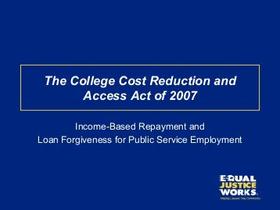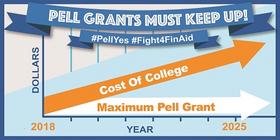There are several ways to pay for a community college education. Community colleges offer affordable educational options, and various funding sources and strategies are available to help cover the costs.
Here are some common methods:
Grants and Scholarships
Federal Grants
The U.S. Department of Education offers need-based grants such as the Pell Grant, Federal Supplemental Educational Opportunity Grant (FSEOG), and the Iraq and Afghanistan Service Grant. These grants do not require repayment.
State Grants
Many states provide financial assistance programs specifically for community college students. Check with your state's higher education agency or financial aid office for available grants.
Institutional Scholarships
Community colleges often offer their own scholarships based on academic achievement, financial need, or specific areas of study. Research and apply for scholarships offered by your college.
Financial Aid
Federal Student Aid
Complete the Free Application for Federal Student Aid (FAFSA) to determine eligibility for federal student aid programs, including grants, work-study opportunities, and low-interest student loans.
Work-Study Programs
Participate in a Federal Work-Study program, which provides part-time employment opportunities on or off campus to help cover educational expenses.
Employer Tuition Assistance
Some employers offer tuition assistance or reimbursement programs to employees pursuing higher education. Inquire with your employer's human resources department to explore such opportunities.
Education Tax Credits and Deductions
American Opportunity Tax Credit (AOTC)
This tax credit provides up to $2,500 per year for eligible education expenses, including tuition, fees, and course materials.
Lifetime Learning Credit (LLC)
This credit offers up to $2,000 per year






























